Introduction
The Essence of Ayurveda
Ayurveda, the ancient science of life, is a holistic healing system that originated in India over 3,000 years ago. Rooted in the principles of balancing the body, mind, and spirit, Ayurveda utilizes natural home remedies to promote health and well-being. This traditional practice emphasizes prevention and encourages the maintenance of health through close attention to balance in one’s life, right thinking, diet, lifestyle, and the use of herbs.
Relevance in Modern Times
In today’s fast-paced world, the relevance of Ayurveda is more pronounced than ever. People are increasingly turning to natural and holistic approaches to health, seeking alternatives to synthetic medications that often come with side effects. Ayurvedic home remedies offer simple, effective, and time-tested solutions for various health issues, harnessing the power of nature to heal and rejuvenate.
Top 10 Ayurvedic Home Remedies
Remedy 1: Turmeric for Inflammation

Historical Significance
Turmeric, known as the golden spice, has been revered in Ayurvedic medicine for its potent anti-inflammatory properties. Its use dates back to ancient times when it was employed not only for its healing capabilities but also in religious ceremonies and as a culinary spice.
Preparation and Application
To harness turmeric’s benefits, it can be consumed as a tea, mixed into warm milk (often referred to as golden milk), or added to food. A simple paste made from turmeric and water can be applied topically to reduce inflammation and promote skin healing.
Health Benefits
Turmeric’s active compound, curcumin, is a powerful antioxidant that combats inflammation at the molecular level. It helps alleviate conditions such as arthritis, digestive issues, and skin irritations, making it a versatile remedy in the Ayurvedic home remedies arsenal.
Remedy 2: Ginger for Digestion
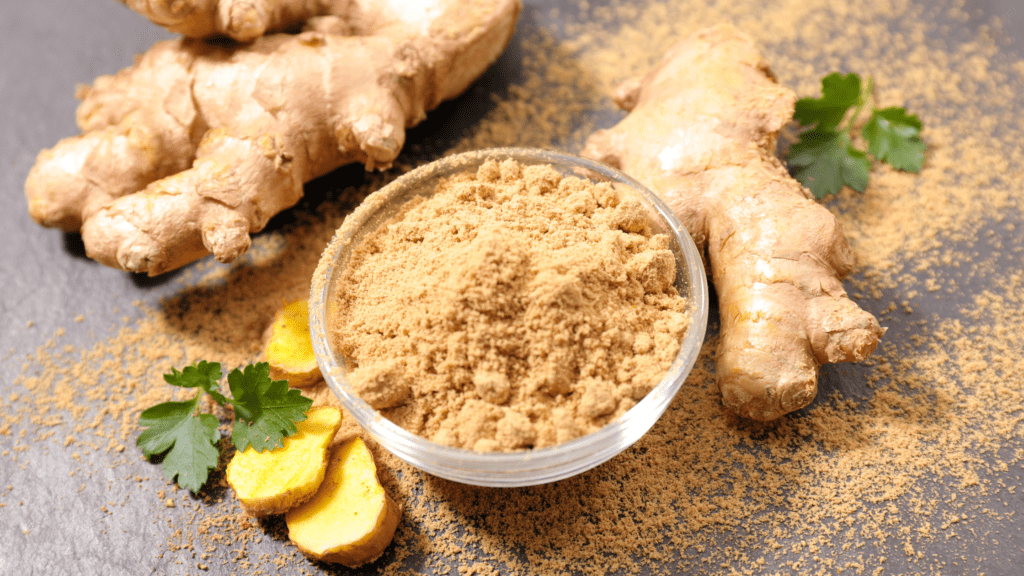
Ayurvedic Perspective on Digestion
In Ayurveda, digestion is considered the cornerstone of health. A robust digestive fire, or Agni, is essential for optimal health. Ginger is a revered remedy in Ayurveda for its ability to kindle the digestive fire and enhance digestion.
How to Use Ginger
Ginger can be consumed fresh, dried, or as a powder. It is commonly made into a tea by boiling slices in water or added to meals for its digestive benefits. Ginger juice mixed with a bit of lemon and honey can also be a potent digestive aid.
Therapeutic Effects
Ginger improves digestive function, alleviates nausea, reduces bloating, and combats gastrointestinal infections. Its warming properties stimulate digestion and help in the efficient breakdown and assimilation of food, making it one of the most effective home remedies for digestive health.
Remedy 3: Tulsi for Respiratory Health

Sacred Herb in Ayurveda
Tulsi, or holy basil, is considered a sacred plant in Ayurveda. It is revered not only for its spiritual significance but also for its vast array of health benefits, particularly for the respiratory system.
Ways to Consume Tulsi
Tulsi can be consumed as a tea, in fresh leaf form, or as a supplement. Brewing a few leaves in hot water creates a soothing and health-promoting tea. It can also be incorporated into food for added health benefits.
Respiratory Benefits
Tulsi acts as an adaptogen, balancing the body’s response to stress and enhancing respiratory health. It helps clear congestion, reduces the symptoms of colds and bronchitis, and supports overall respiratory function by acting as a natural expectorant and bronchodilator. As one of the essential home remedies, it is invaluable for maintaining respiratory health.
Remedy 4: Ashwagandha for Stress Relief
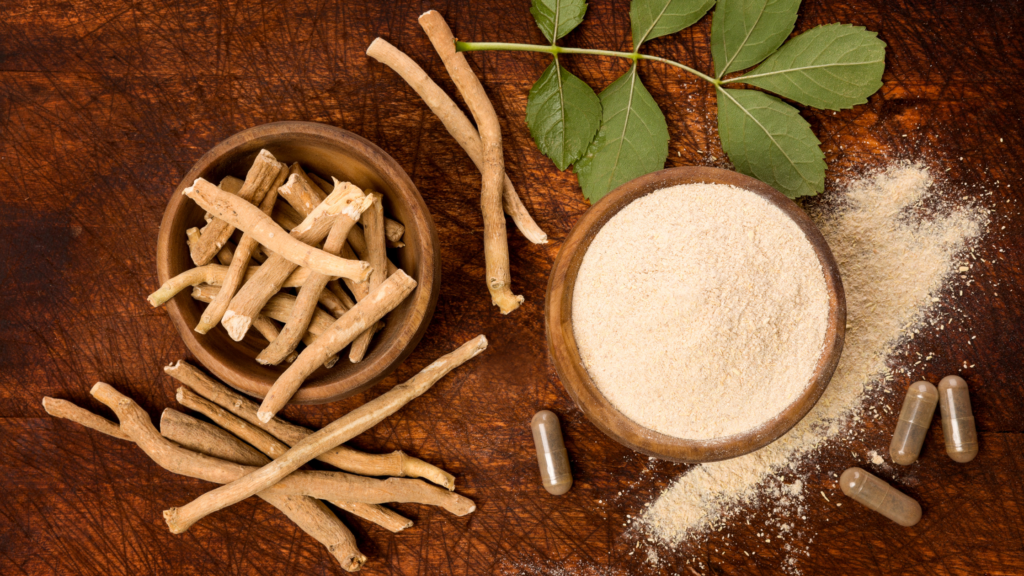
Stress and Ayurveda
Ashwagandha, known as the strength of the stallion, is a cornerstone herb in Ayurveda for its adaptogenic properties. It helps the body resist stress and maintain equilibrium.
Methods of Consumption
Ashwagandha can be taken in powder form mixed with warm milk, as a capsule, or as a tincture. Consistent daily intake is recommended to experience its full benefits.
Ashwagandha’s Impact on Stress
Ashwagandha reduces cortisol levels, the stress hormone, thus alleviating stress and anxiety. It promotes restful sleep, enhances mental clarity, and supports overall well-being by rejuvenating the nervous system. Its role in stress management makes it a key player among home remedies for mental health.
Remedy 5: Neem for Skin Health

Neem in Traditional Medicine
Neem has been used in Ayurvedic medicine for centuries due to its powerful antimicrobial and anti-inflammatory properties. It is known as the village pharmacy for its wide range of applications.
Application Techniques
Neem can be used as an oil, in powder form, or as a paste. For skin issues, neem oil or a paste made from neem powder and water can be applied directly to the affected area. Neem leaves can also be steeped in water to make a soothing skin rinse.
Skin Health Benefits
Neem’s antibacterial properties help treat acne, eczema, and other skin infections. It promotes wound healing, reduces inflammation, and helps maintain healthy, clear skin. These properties make neem one of the most trusted home remedies for skin health.
Remedy 6: Amla for Immunity Boost
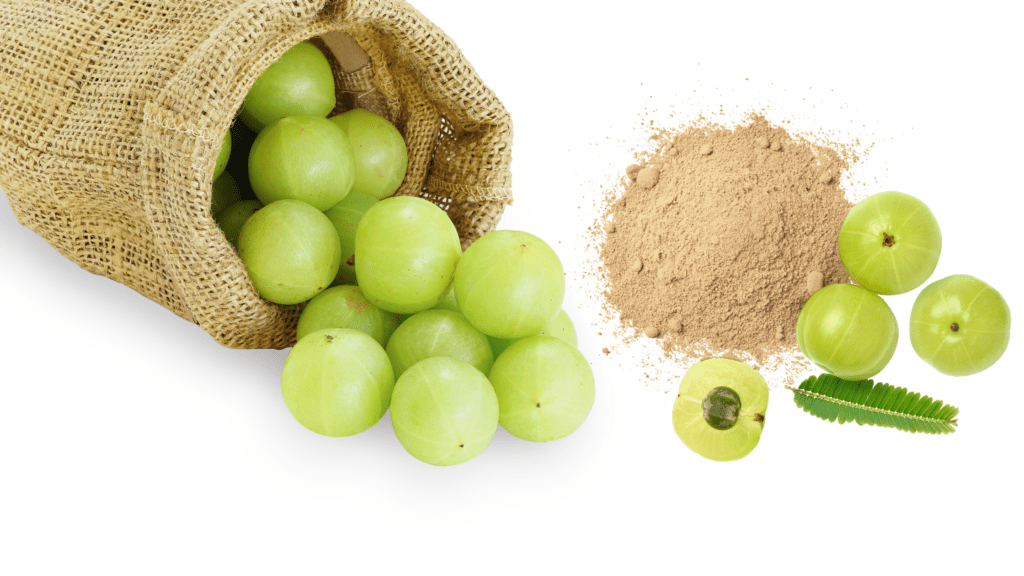
Amla’s Nutritional Profile
Amla, or Indian gooseberry, is a potent source of vitamin C and antioxidants. It is highly regarded in Ayurveda for its rejuvenating and immune-boosting properties.
Consumption Methods
Amla can be consumed fresh, as a juice, or in powder form. It is also commonly used in Ayurvedic formulations such as Chyawanprash, a herbal jam that promotes vitality.
Immunological Advantages
Amla enhances immune function, supports liver health, and acts as an antioxidant to protect cells from damage. Regular consumption helps strengthen the body’s defenses against infections and diseases, positioning it as one of the essential home remedies for immune health.
Remedy 7: Triphala for Detoxification
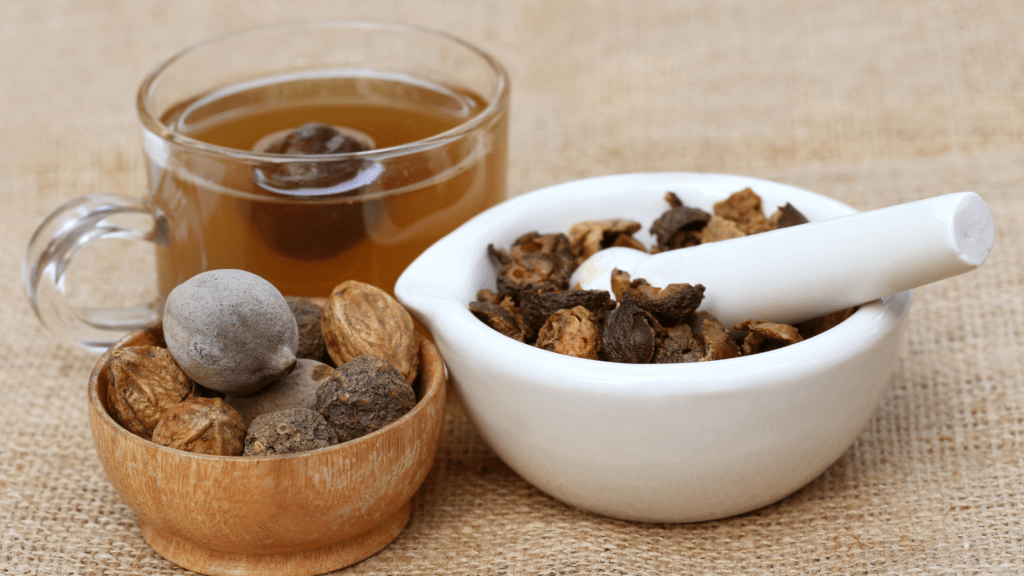
Composition of Triphala
Triphala is a traditional Ayurvedic formulation consisting of three fruits: Amalaki (Amla), Bibhitaki, and Haritaki. Together, they provide a balanced approach to detoxification and rejuvenation.
How to Use Triphala
Triphala can be taken as a powder mixed with warm water, as a capsule, or as a tea. It is usually consumed before bedtime to support the body’s natural detoxification processes during sleep.
Detoxifying Effects
Triphala promotes healthy digestion, aids in detoxification, and supports bowel regularity. It also enhances nutrient absorption and helps eliminate toxins from the body, promoting overall health and well-being. Its detoxifying properties make it a standout among home remedies.
Remedy 8: Brahmi for Cognitive Function

Importance in Ayurveda
Brahmi, also known as Bacopa monnieri, is esteemed in Ayurveda for its ability to enhance cognitive function and support mental health. It is often used in formulations aimed at improving memory and concentration.
Consumption and Dosage
Brahmi can be taken as a tea, in powder form, or as a supplement. Regular intake, especially in the morning, is recommended to support cognitive function.
Cognitive Benefits
Brahmi enhances memory, concentration, and mental clarity. It helps reduce anxiety and stress, supports brain health, and promotes a calm and focused mind, making it invaluable for mental well-being and one of the most effective home remedies for cognitive enhancement.
Remedy 9: Cumin for Metabolic Health

Role in Digestion and Metabolism
Cumin is a staple in Ayurvedic cuisine and medicine. It is known for its ability to support digestion and enhance metabolic health, making it a key ingredient in many Ayurvedic recipes.
Ways to Integrate Cumin
Cumin can be used as a spice in cooking, brewed as a tea, or consumed as a supplement. Toasting cumin seeds and adding them to meals can enhance their flavor and digestive benefits.
Metabolic Health Advantages
Cumin improves digestion, reduces bloating, and enhances the absorption of nutrients. It also supports healthy metabolism, helps regulate blood sugar levels, and promotes weight management. These benefits position cumin as one of the most practical home remedies for metabolic health.
Remedy 10: Fennel for Hormonal Balance
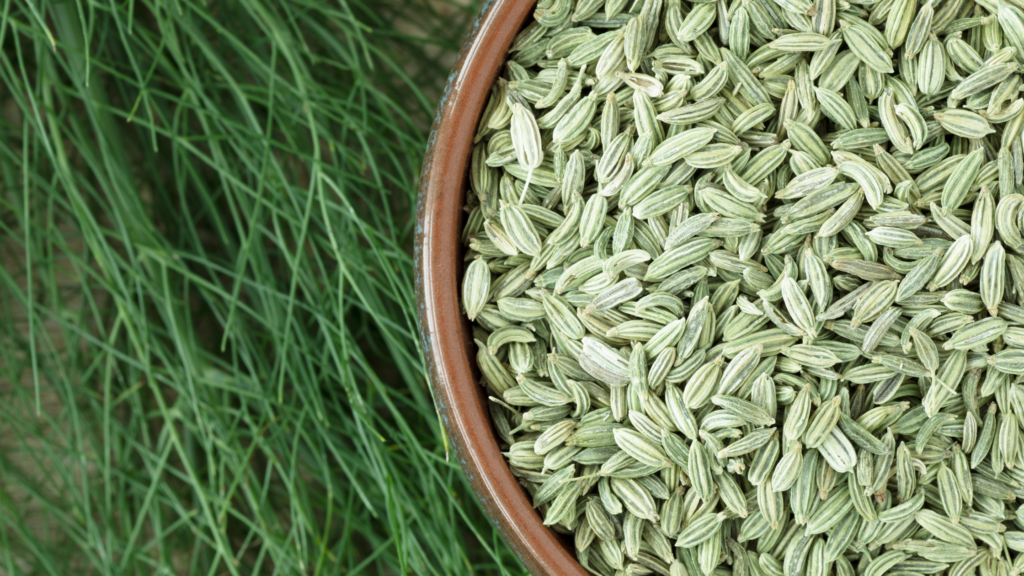
Fennel’s Historical Use
Fennel has a long history in Ayurvedic medicine for its soothing effects on the digestive system and its ability to balance hormones. It is often used to address hormonal imbalances and support reproductive health.
Methods of Use
Fennel seeds can be chewed after meals, brewed into a tea, or used as a spice in cooking. Fennel tea, made by steeping the seeds in hot water, is particularly popular for its health benefits.
Hormonal Health Benefits
Fennel helps regulate menstrual cycles, alleviates menstrual pain, and supports overall hormonal balance. It also promotes digestion and reduces bloating, making it beneficial for women’s health and one of the essential home remedies for hormonal balance.
Conclusion
Integrating Ayurveda into Daily Life
Incorporating Ayurvedic home remedies into daily life can lead to profound improvements in health and well-being. These remedies, rooted in ancient wisdom, offer natural and effective solutions for a wide range of health issues.
Long-term Benefits of Ayurvedic Remedies
Regular use of Ayurvedic home remedies supports the body’s natural healing processes, promotes balance and harmony, and enhances overall quality of life. By embracing Ayurveda, individuals can achieve optimal health and well-being through natural means.
Reference
Reference books related to Ayurvedic Home Remedies
For more content follow Humstory













